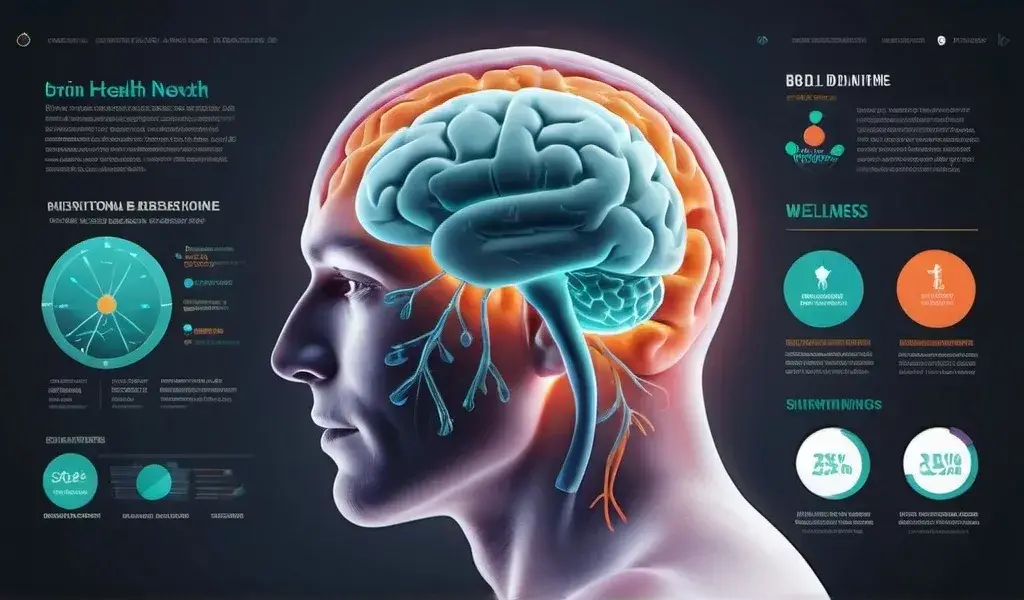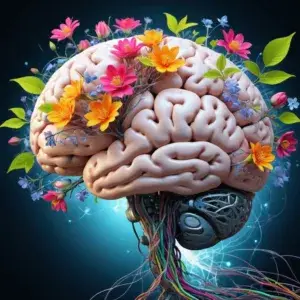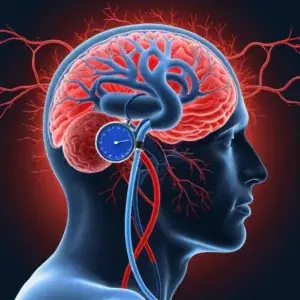Table of Contents
As we continue to explore the complexity of the human brain, August 2024 saw the publication of numerous interesting research papers that contribute to our understanding of brain health, aging, and neurological diseases. In this month’s roundup, we look at how our environment affects brain aging, new sensory processing mechanisms, the surprising roles of non-neuronal cells in Alzheimer’s disease, breakthrough brain cancer therapies, and the concerning prevalence of microplastics in brain tissues.
Your Brain Ages Differently Depending on Your Environment
A University of Surrey study found that our social and physical circumstances, along with our genetics, greatly influence the rate at which our brains age. Researchers found that individuals exposed to enriched situations, such as social interaction and physical activity, had a reduced decline in their cognitive function than those in less stimulating settings. This finding shows that lifestyle adjustments, such as participating in regular social activities and staying physically fit, could be crucial strategies for preventing cognitive decline and enhancing brain health as we age.
Uncovering a New Brain Mechanism for Sensory Prediction
The Sainsbury Wellcome Centre published a landmark study in which scientists discovered a new brain mechanism that assists in prioritizing unexpected sensory information. This system, which involves thalamocortical circuit collaboration, enables the brain to respond swiftly and efficiently to novel and unexpected inputs, which is critical for survival. Improved understanding of this process could potentially lead to novel treatments for disorders like autism and ADHD, which often disrupt sensory processing.
Non-Neuronal Cells Play a Significant Role in Alzheimer’s Disease
Alzheimer’s research took a surprising turn this month when an international team of scientists, including Northwestern University researchers, discovered that non-neuronal cells, specifically oligodendrocytes, contribute to roughly one-third of amyloid plaque formation. Neurons were traditionally believed to be the primary source of amyloid plaques. This new discovery not only calls into question existing hypotheses, but it also reveals potential new therapy targets for reducing plaque buildup and slowing Alzheimer’s progression.
Innovative CAR T Cell Therapy Shows Promise Against Glioblastoma
Researchers have developed a promising new treatment for glioblastoma, one of the most severe types of brain cancer. Scientists used genetically modified CAR T cells to search out and destroy glioblastoma cells, and to identify a protein, ROBO1, that plays an important role in cancer growth. Early experiments in mice models demonstrated that this medication could double survival time and even eliminate malignancies in some situations. These discoveries give hope for novel, more effective treatments for glioblastoma and possibly other aggressive brain cancers.
Microplastics Found in Human Brain Tissues
In a concerning development, a study discovered microplastics in the brains of human cadavers, with much larger amounts detected in dementia patients than in those without. This finding points to a potential relationship between environmental contamination and brain diseases. The discovery of microplastics in numerous regions of the body and environment raises major concerns about their effects on human health, particularly brain function. While further research is necessary to fully comprehend the effects, the current information underscores the urgent need to tackle environmental plastic pollution.
August 2024 has provided critical insights into brain health, stressing the significance of environmental influences on brain health, the potential for novel treatments for brain cancers, and the hidden hazards of common pollutants. As research advances, these findings highlight the importance of a holistic approach to understanding and improving brain health, including lifestyle choices, novel medicines, and environmental protection.
Subscribe to our newsletter to stay up to date on the newest research in brain health. Share your thoughts on these findings in the comments section below, and be sure to follow us on social media for additional updates!
Resources
- Your Brain Ages Differently Depending on Your Environment
University of Surrey. “Your brain ages at different paces according to social and physical environments.” ScienceDaily, 29 August 2024.
Link to study - Uncovering a New Brain Mechanism for Sensory Prediction
Sainsbury Wellcome Centre. “Prioritizing the unexpected: New brain mechanism uncovered.” ScienceDaily, 28 August 2024.
Link to study - Non-Neuronal Cells Play a Significant Role in Alzheimer’s Disease
Melissa Rohman. Non-Neuron Brain Cells Produce a Third of Amyloid Plaque in Alzheimer’s Disease.” Northwestern Medicine News Center, 30 August 2024.
Link to study - Innovative CAR T Cell Therapy Shows Promise Against Glioblastoma
Singh et al. “Researchers develop promising therapy treatment that can kill glioblastoma cells in newly-discovered brain pathway.” Nature Medicine, August 2024.
Link to study - Microplastics Found in Human Brain Tissues
Matthew Campen. “Microplastics Found in Human Brains.” Yale E360, August 2024.
Link to study







